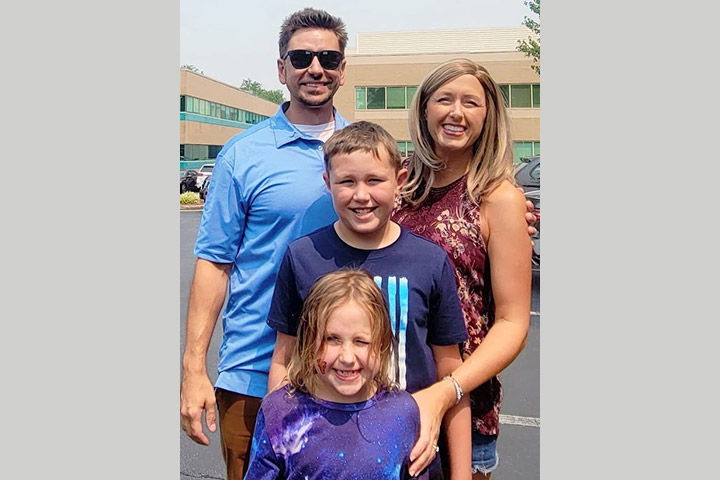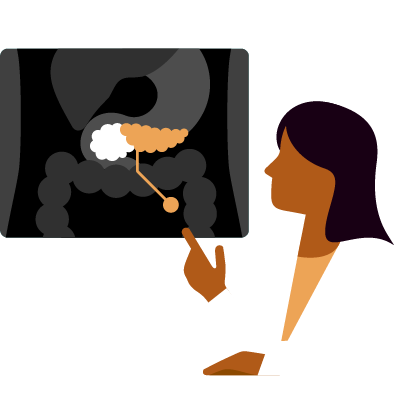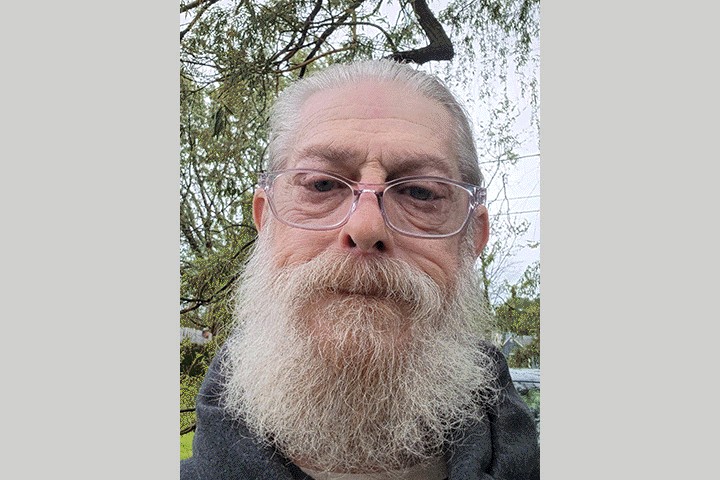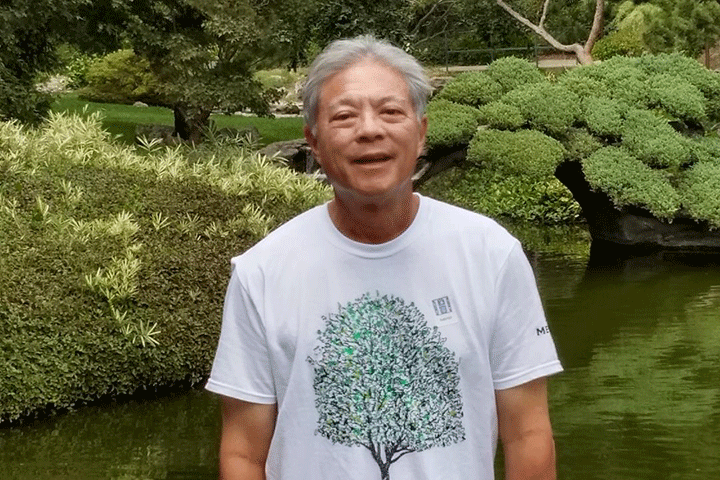Don’t Throw In the Towel

- Upper abdominal and back pains led to diagnosis
- Initially turned down for surgery because of vein involvement
- Chemotherapy and radiation
- Total pancreatectomy
Finding out that I had pancreatic cancer was a major blow, but being turned down for surgery due to vein involvement was unacceptable.
That was two years ago and a lot has happened since then. Let me start at the beginning.
My Diagnosis
In August 2022, I was experiencing upper abdominal pain that radiated into my back. My doctors ordered many tests including an ultrasound, CT, MRI, EUS, and PET scan. Finally a tumor was found on my pancreas and I was diagnosed with stage III pancreatic adenocarcinoma.
I knew I wanted the tumor removed, but I was turned down for surgery at my local hospital due to major vein involvement. I was told to get my affairs in order because surgery would never be an option. It was devastating. But, I was 39 years old with two young children and I refused to accept that I could not have surgery.
Research and Second Opinions
I fervently researched my options and sought second opinions from world-renowned surgeons who were experienced in both pancreatic cancer and vein reconstruction. Dr. Mark Truty at Mayo Clinic in Rochester, Minnesota, was willing to accept my case, provided that I complete a series of pre-op scans and procedures.
I began working with oncologist Dr. Venkata Pokuri of Kaiser Permanente in Atlanta, Georgia, on chemotherapy and radiation. I had FOLFIRINOX, Gemzar/Abraxane, and radiation.
Cleared for Surgery
After that course of treatment Dr. Truty cleared me for surgery—a total pancreatectomy.
I am now nine months post op and my body is cancer-free. I have scans every three months to check on my progress. I also had a portal vein stent placed five months after surgery to prevent complications and liver dysfunction. So far I am tolerating it well. I just had a celiac artery stent placed this week to prevent mesenteric ischemia. My CA 19-9 tumor marker levels are still low, and I return to Mayo in May for a follow-up CT scan and lab tests.
Life During and After Treatment
Because I chose to have surgery at Mayo, I have made six trips to Rochester, including a six-week stay for surgery in July 2023. But my kids have never made any trips with me, as they are young and I did not want them to see me in a hospital. I missed their first day of 2nd and 5th grade. This was the first time I had ever missed a first or last day of school. I was actually in Rochester for the entire first month of their school year. It was very difficult, but we FaceTimed every day and I reminded myself this was a small price to pay in order to hopefully be around for many more first days of school in the future.
My family has provided so much support during my diagnosis and treatment. We are lucky to have three sets of grandparents that live close by, and they have helped tremendously with childcare. My mother, Cindy, has traveled with me to Mayo several times for follow-up appointments, which has allowed my husband to stay at home with the kids.
My diagnosis has had such a profound effect on how I view day-to-day life. Little things no longer stress me out like they used to. I have always been active, and attribute my positive outcomes to being able to continue exercising during treatment. I have also started daily affirmations, therapy, and short meditation sessions to try to focus myself on the present, and not worry about the uncertain future.
As a Type 3c insulin-dependent diabetic now, I pay close attention to my carbohydrate intake to keep my A1C under control to prevent future complications. I try to eat a lot of fruits and vegetables, and limit red meat, highly processed foods, and sugar.
My advice to others in similar situations: Don’t throw in the towel. Do your research and find someone willing to try.






